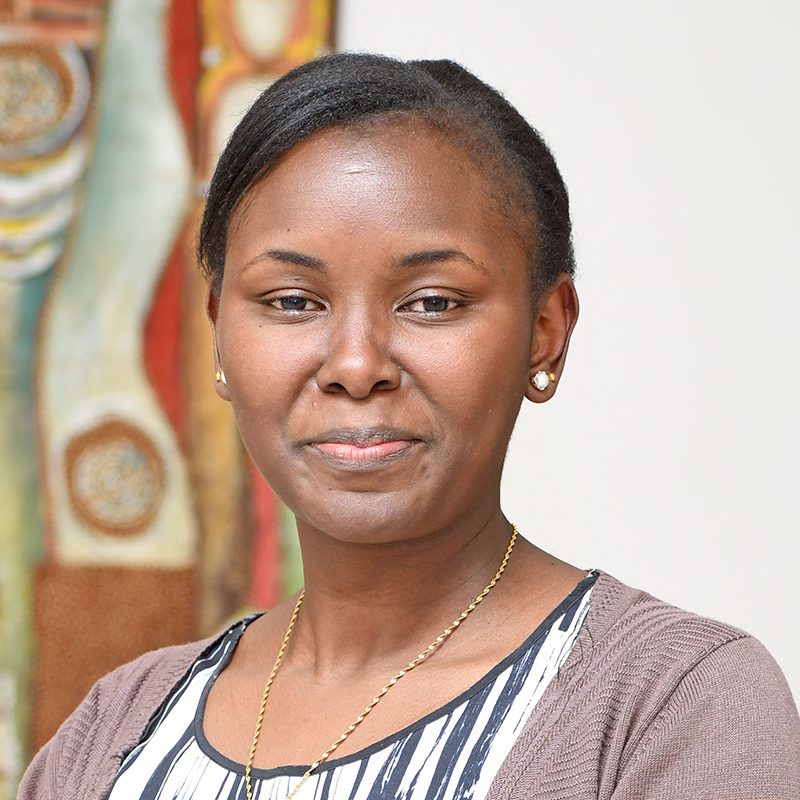
Small and Medium Enterprises form the backbone of most of the economies in Sub-Saharan Africa and other developing countries; accounting for more than 90% of the entrepreneurship capacity in Africa. SMEs are labour intensive, capital saving, and capable of helping create most of the one billion new jobs the world will need by the end of the century. Thus, SMEs play a vital role in a country’s overall production and are core to the economic growth of most developing countries.
According to World Bank estimates, 600 million jobs will be needed by 2030 to absorb the growing global workforce, which makes SME development a high priority for many governments around the world.
The Covid-19 pandemic has affected businesses of all sizes from all over the world. However, the business resilience of SMEs has been greatly tested by the pandemic with many entrepreneurs hanging up their boots and closing shop due to the economic hardships brought about by the pandemic.
When disasters strike, SMEs are seen to be more prone to risks as compared to larger organizations, mostly due to their lack of access to risk- management solutions and mechanisms. Even before the COVID-19 pandemic struck in Africa, owning an SME was especially challenging, more so for women, who own or run more than a third of all SMEs in emerging markets. SMEs already faced an estimated $1.5 trillion credit gap, Covid-19 only widened that gap further, pushing many SMEs out of business.
The majority of SMEs in Africa are informal with many of them not having business continuity plans or risk management frameworks in place. This means that in disaster situations such as the one posited by the COVID pandemic, SMEs are unable to survive. By understanding the disaster risk and taking precautionary measures SMEs can mitigate many of the risks and bounce back after a disaster.
The Importance of Investing in Disaster Risk for Increased SME Resilience
Previously some governments in Africa have put in place policies geared towards increasing investment in disaster risk resilience for SMEs. However, poor implementation of these policies is again brought about by a lack of a proper SME infrastructure and SME ecosystem. Due to these failed policies, SMEs are then rendered vulnerable to the effects of disasters and risks which then cascade down to the whole economy.
How then do you finance SME’s Disaster Resilience with no proper SME ecosystem in place? Strathmore University Business School in partnership with Invest In Africa (IAA) hosted a webinar aimed at charting a way forward for increased investments in disaster risk for SME resilience. The webinar dubbed ‘Investing in Disaster Risk for Resilience’ provided a platform for SMEs along with relevant industry players to discuss a way forward on how to have more investors in Disaster Risk Resilience and Management.
Wangechi Muriuki, Country Manager, Invest in Africa noted that investment in SME Disaster Risk Resilience is not common practice in Africa. “This then brings about the difference in levels of preparedness of SMEs to disasters, she said. “Pushing for policies and decisions towards more investments in SME disaster resilience is not only beneficial to the SMEs but also the country. Some of the benefits from the SMEs angle include avoiding business losses, unlocking the investment potential along with social and environmental benefits, she added.
SMEs in Africa lack proper systems or legal frameworks that can enable them to access funding in times of crisis. Speaking during the webinar, Dr. George Njenga, Executive Dean, Strathmore University Business School emphasized the importance of having an SME ecosystem in place. “SMEs and MSMEs businesses in Africa lack structures and systems to prevent or withstand the impact of disasters. There is a dire need for solutions,” he said. “Due to lack of these systems, disaster and risk management does not apply to SMEs, they find their means to weather through disasters,” he added.
Dr. Edward Mungai, CEO, Kenya Climate Innovation Center, spoke to some of the lessons that SMEs and businesses have learned from the Covid-19 pandemic disaster. “Data, transparency, and communication have become very important. Effectively communicating and sharing data and information in real-time has helped us to know where we are in this crisis,” he said. He also noted that the pandemic had brought about a lot of collaboration between the public and private sectors.
In Kenya, SMEs contribute to approximately 30 percent of the country’s GDP and account for 83 percent of employment. They are one of the primary drivers of economic growth, despite financing constraints and a competitive business environment. SMEs cannot wade through the murky waters of the pandemic and other disasters alone; they need support in risk and disaster management. There is a need to have an informed and coordinated effort by governments, SMEs, the private sector, and other industry players to increase investments in SME disaster resilience.
About the Enterprise Development Programme
The Enterprise Development Programme is an incisive 16 weeks Programme tailored for entrepreneurs to meet and solve some of the needs and challenges SMEs face. The course is hands-on, and participant centered. Through the use of locally developed business case studies, participants are engaged in discussions enabling them to develop problem-solving and good decision-making skills.
Learn more about our Enterprise Development Programme
Article by Juliet Hinga
Would you like to share an article? Write to us at sbscommunication@strathmore.edu
Share This Story, Choose Your Platform!
Your journey to business excellence starts here. Subscribe today and be at the forefront of innovation and leadership.









